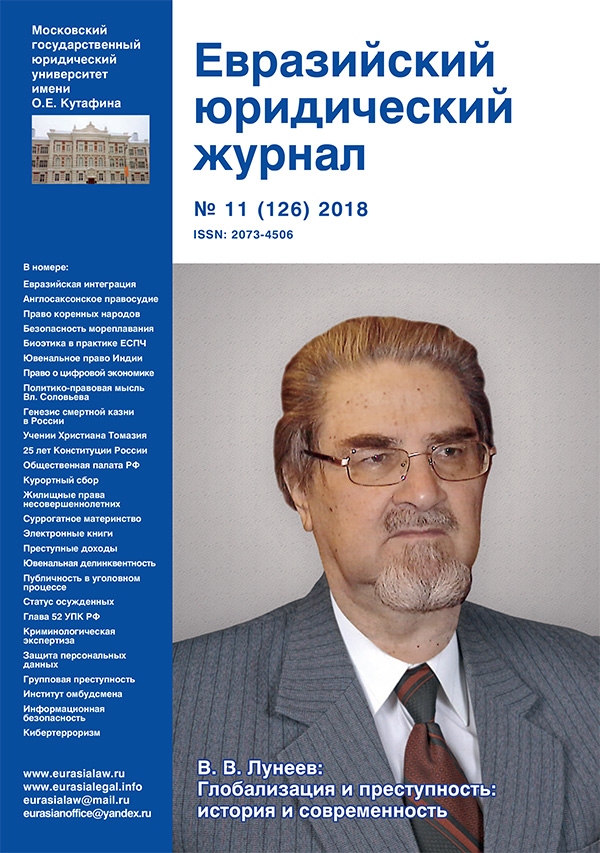13 0.00% [Accessed 3/1/17] 13 0.00%. 8 0.00% 8 0.00% 8 0.00%. 1 0.00% 1 0.00%. 1 0.00% 1 0.00%.
Full text of ' STALINISM NEW DIRECTIONS SHEILA FITZPATRICK STALINISM Stalinism is a provocative addition to the current debates related to the history of the Stalinist period of the Soviet Union. Sheila Fitzpatrick has collected together the newest and the most exciting work by young Russian, American and European scholars, as well as some of the seminal articles that have influenced them, in an attempt to reassess this contentious subject in the light of new data and new theoretical approaches. The articles are contextualized by a thorough introduction to the totalitarian/revisionist arguments and post-revisionist developments. Eschewing an exclusively high-political focus, the book draws together work on class, identity, consumption culture, and agency. Stalinist terror and nationalities policy are reappraised in the light of new archival find- ings. Stalinism offers a nuanced navigation of an emotive and misrepre- sented chapter of the Russian past. Sheila Fitzpatrick is Bernadotte E.
Schmitt Distinguished Service Professor at the University of Chicago. Rewriting Histories focuses on historical themes where standard conclu- sions are facing a major challenge. Incredibili 2 dublat in romana.  Each book presents papers (edited and annotated where necessary) at the forefront of current research and interpretation, offering students an accessible way to engage with contem- porary debates.
Each book presents papers (edited and annotated where necessary) at the forefront of current research and interpretation, offering students an accessible way to engage with contem- porary debates.

Series editor Jack R. Censer is Professor of History at George Mason University. REWRITING HISTORIES Series editor: Jack R. Censer Already published THE INDUSTRIAL REVOLUTION AND WORK IN NINETEENTH-CENTURY EUROPE Edited by Lenard R. Berlatistein SOCIETY AND CULTURE IN THE SLAVE SOUTH Edited by J.
William Harris ATLANTIC AMERICAN SOCIETIES From Columbus through Abolition Edited by J.R. McNeill and Alan Karras GENDER AND AMERICAN HISTORY SINCE 1890 Edited by Barbara Melosh DIVERSITY AND UNITY IN EARLY NORTH AMERICA Edited by Philip D.
Legal framework governing the activities of the Collective Security Treaty Organization (CSTO) The article discusses the process of constructing a system of collective security in the post-Soviet area, which started with signing of the Collective Security Treaty (CST) on May 15, 1992. The article analyzes the main provisions of the CST and reveals the basic provisions of other international legal instruments related to it and adopted in the period from 1992 to 2002. Subsequently, the article considers the legal nature and the institutions of the Collective Security Treaty Organization (CSTO), as well as the decision-making process in the CSTO. Also, the article examines the main aspects of the relationship between CST/CSTO and NATO.
Moreover, the article sets out the basic rules and principles of international legal instruments adopted in the framework of the CSTO and concludes that the CSTO is a multifunctional regional collective security organization acting on the principles of equality and mutual respect that has a stabilizing effect on the situation in Eurasia. At the same time the article argues that the future of the CSTO will undoubtedly depend on the further development of its Member States, on their ability to create competitive economies, to successfully implement their economic integration plans, build an economic union and on its basis to continually improve its military and political cooperation.
Environmental issues in WTO law and practice This article is focused on the main challenges encountered during the process of searching for a balance between the interests of trade and environmental protection aimed at ensuring sustainable development. Some articles of the General Agreement on Tariffs and Trade (GATT) and other WTO agreements can be used to justify the introduction of environmental measures affecting the freedom of trade, although the concept of “environment” is not directly applied. The author considers two main aspects of interrelation between free trade and multilateral agreements on the protection of the environment.